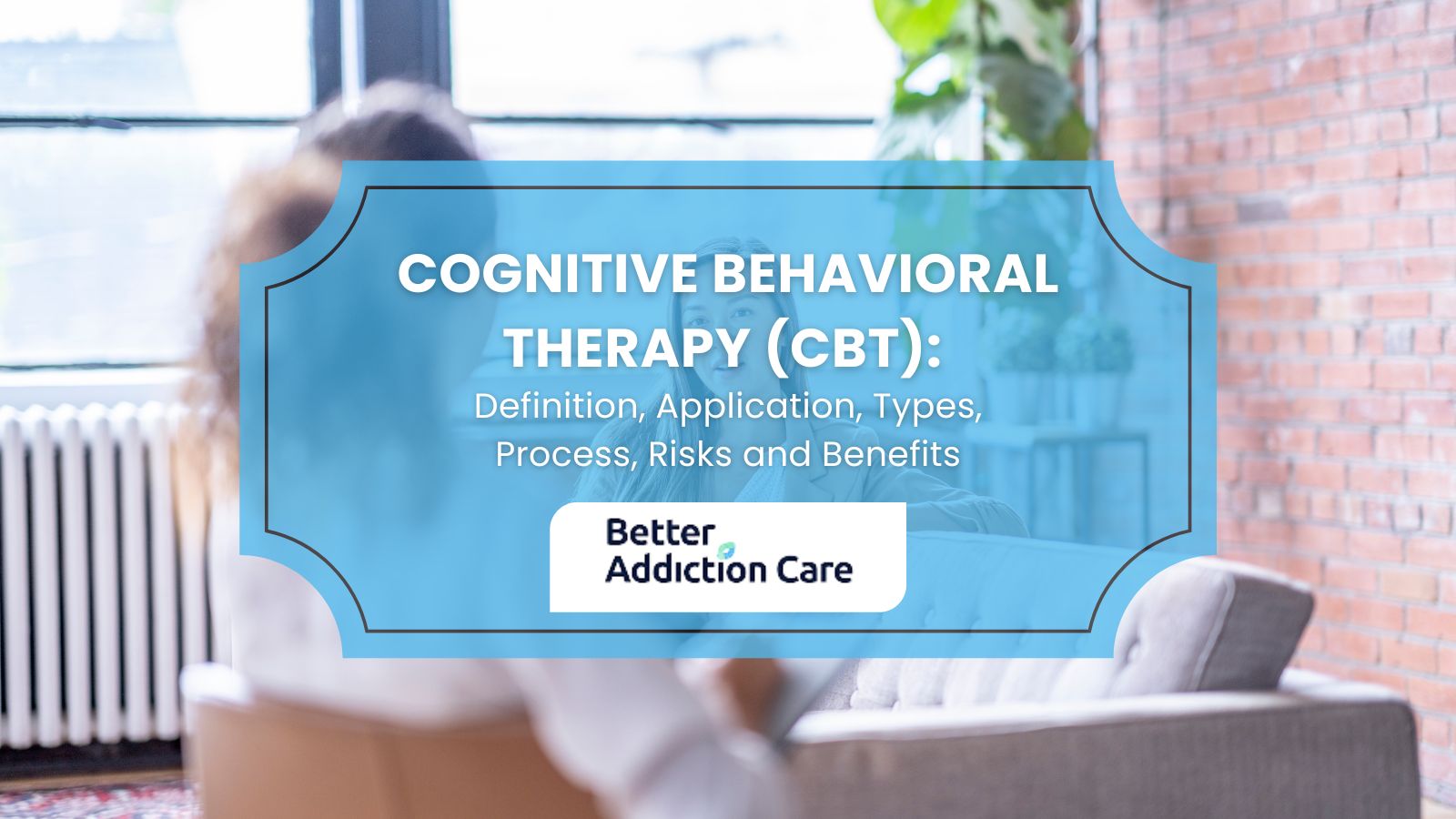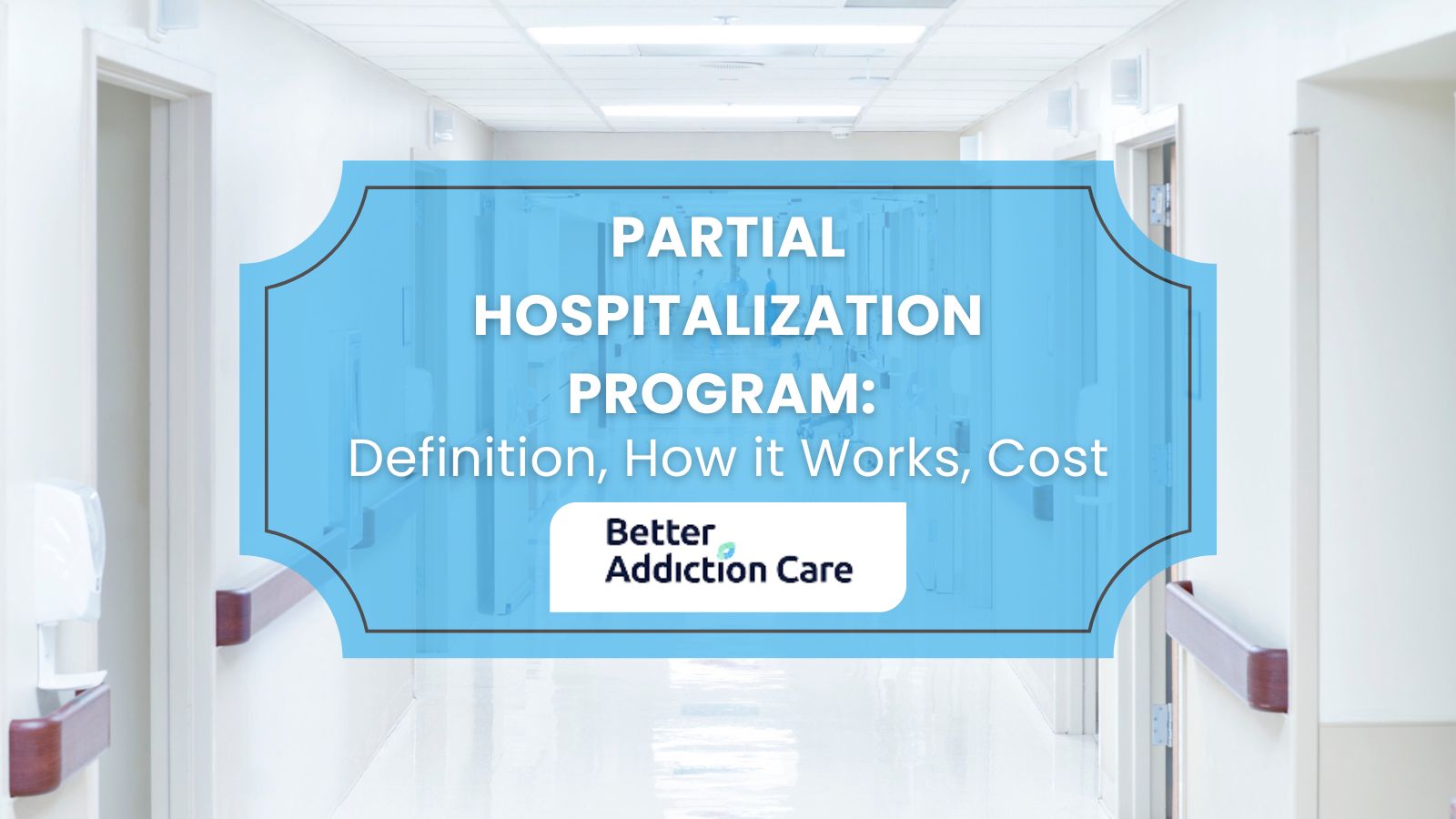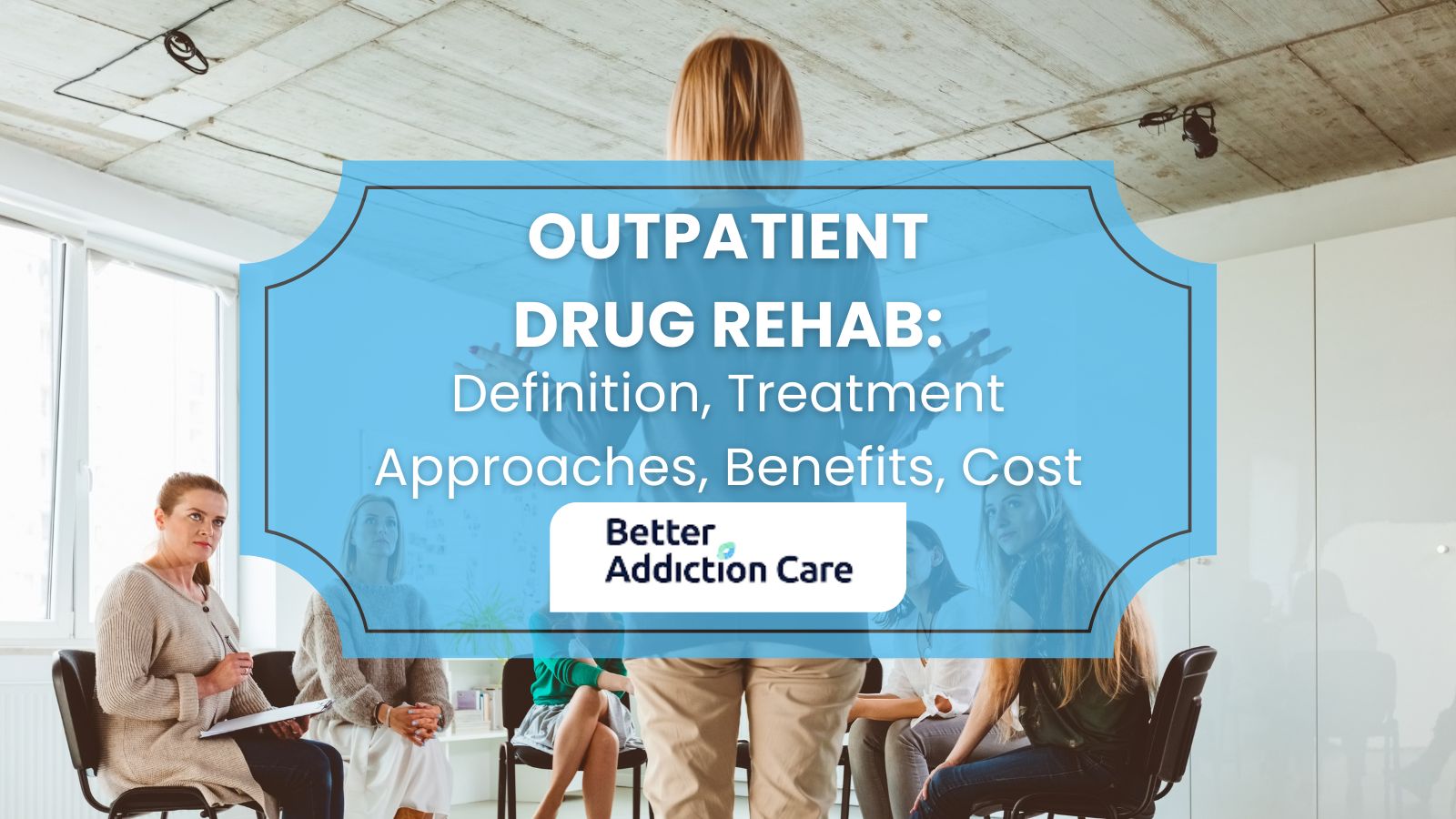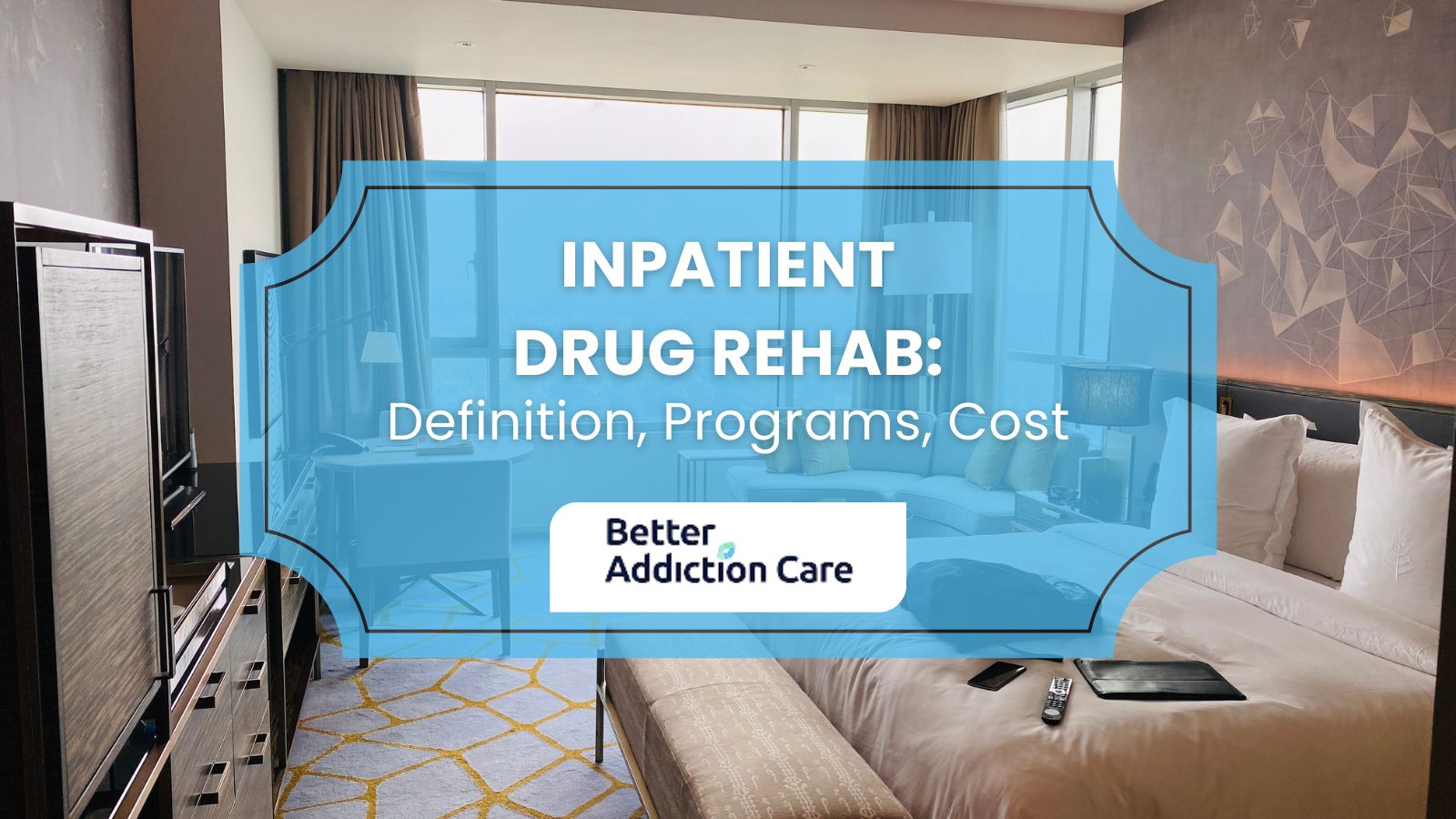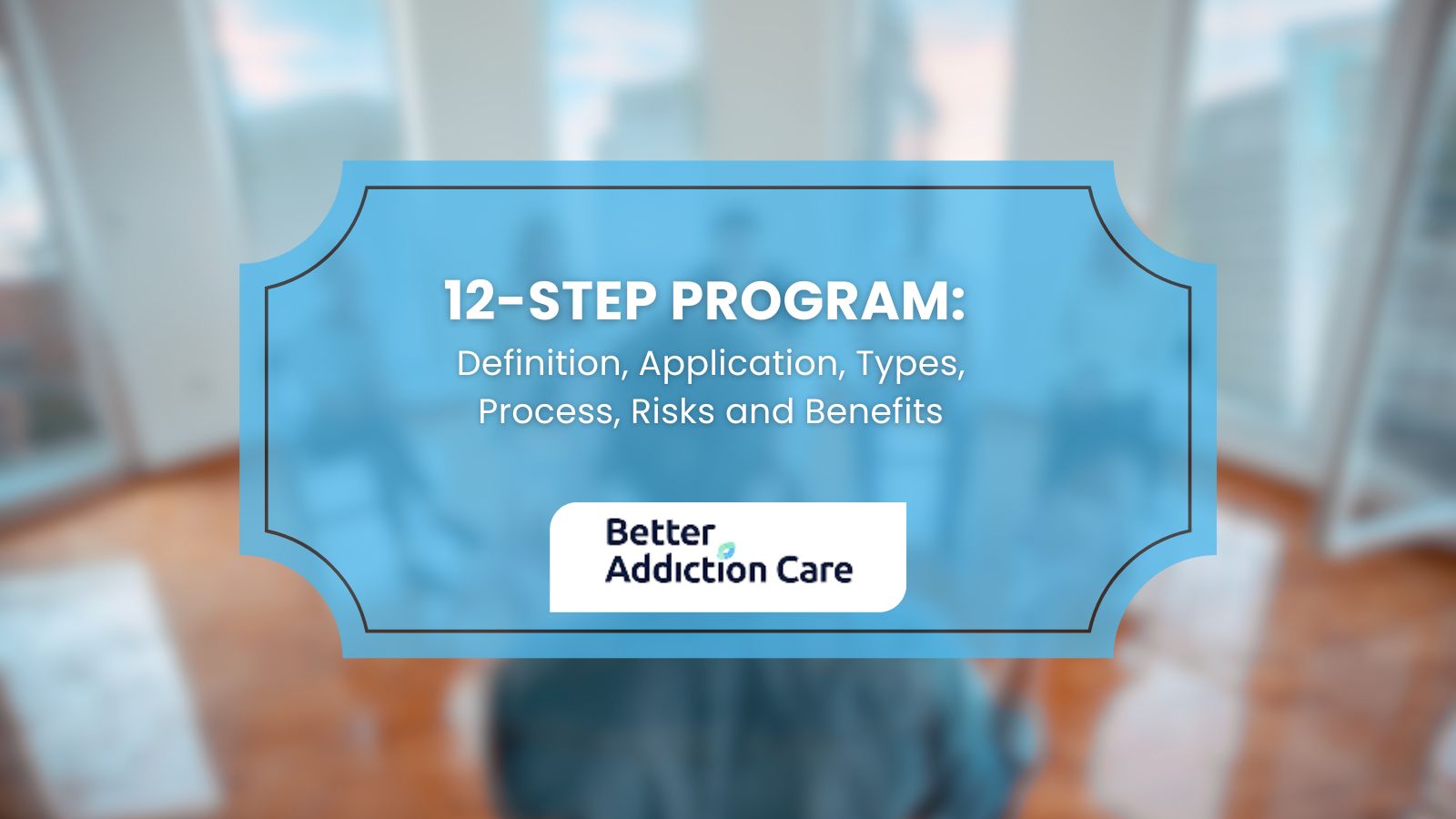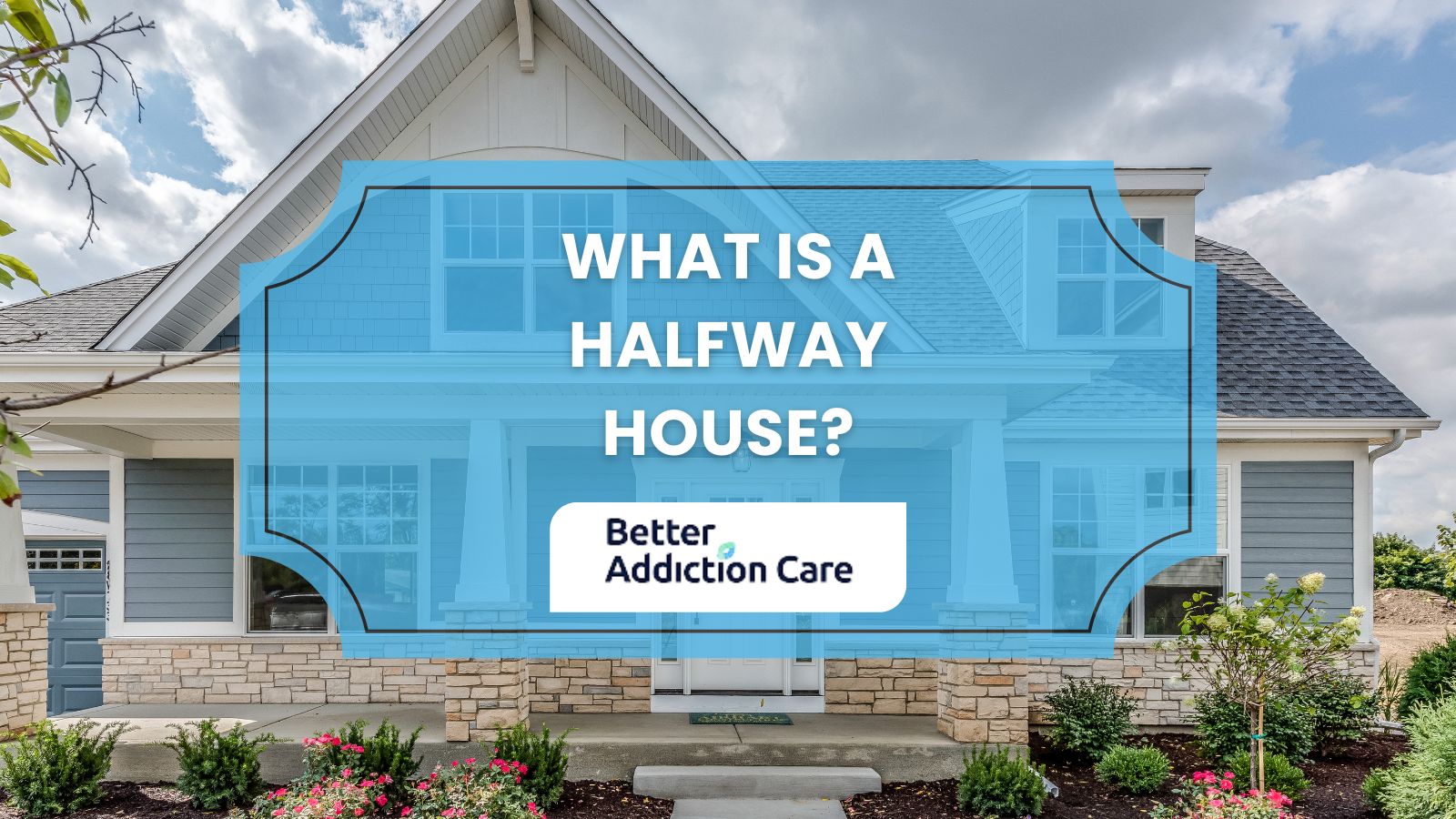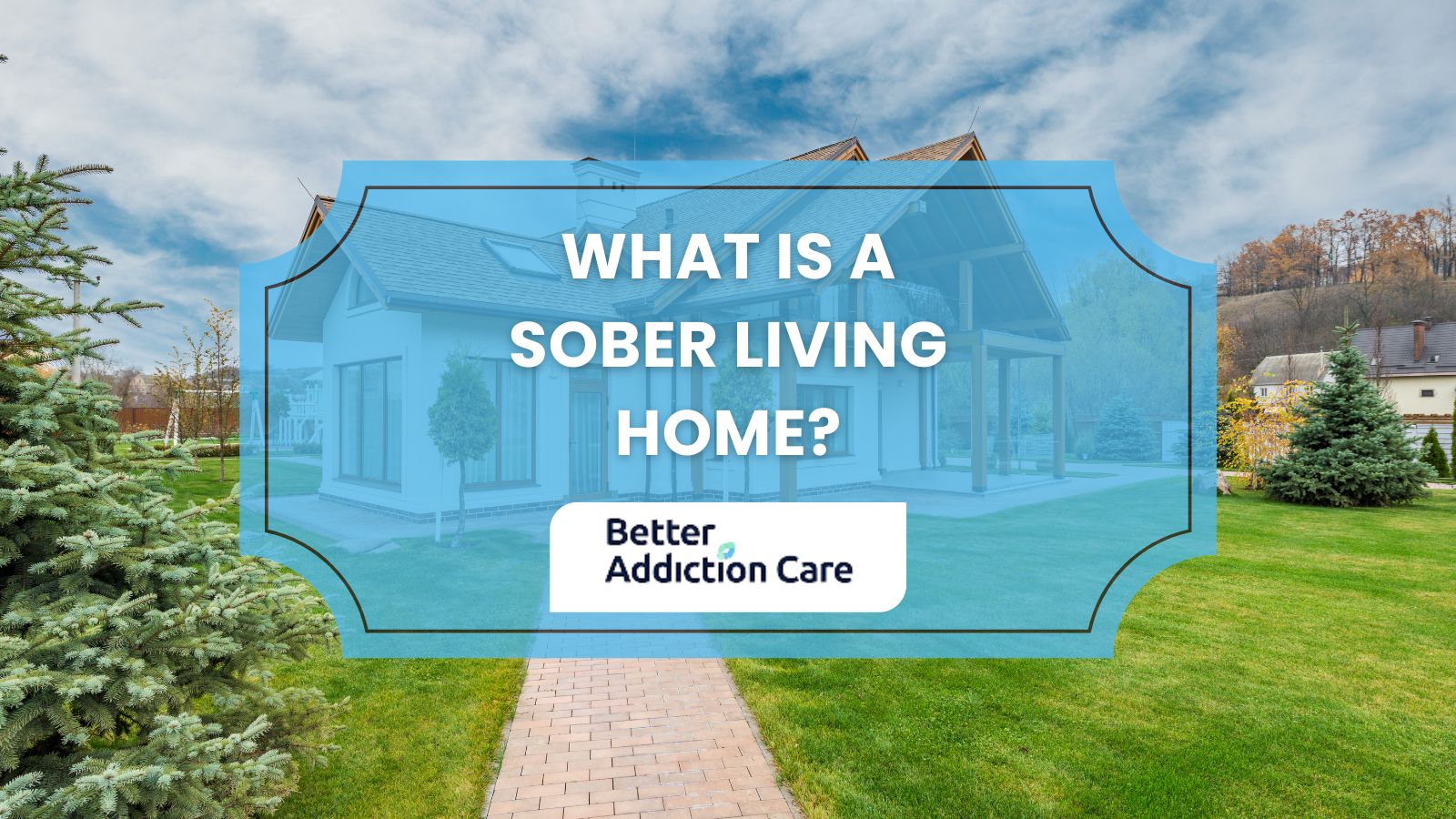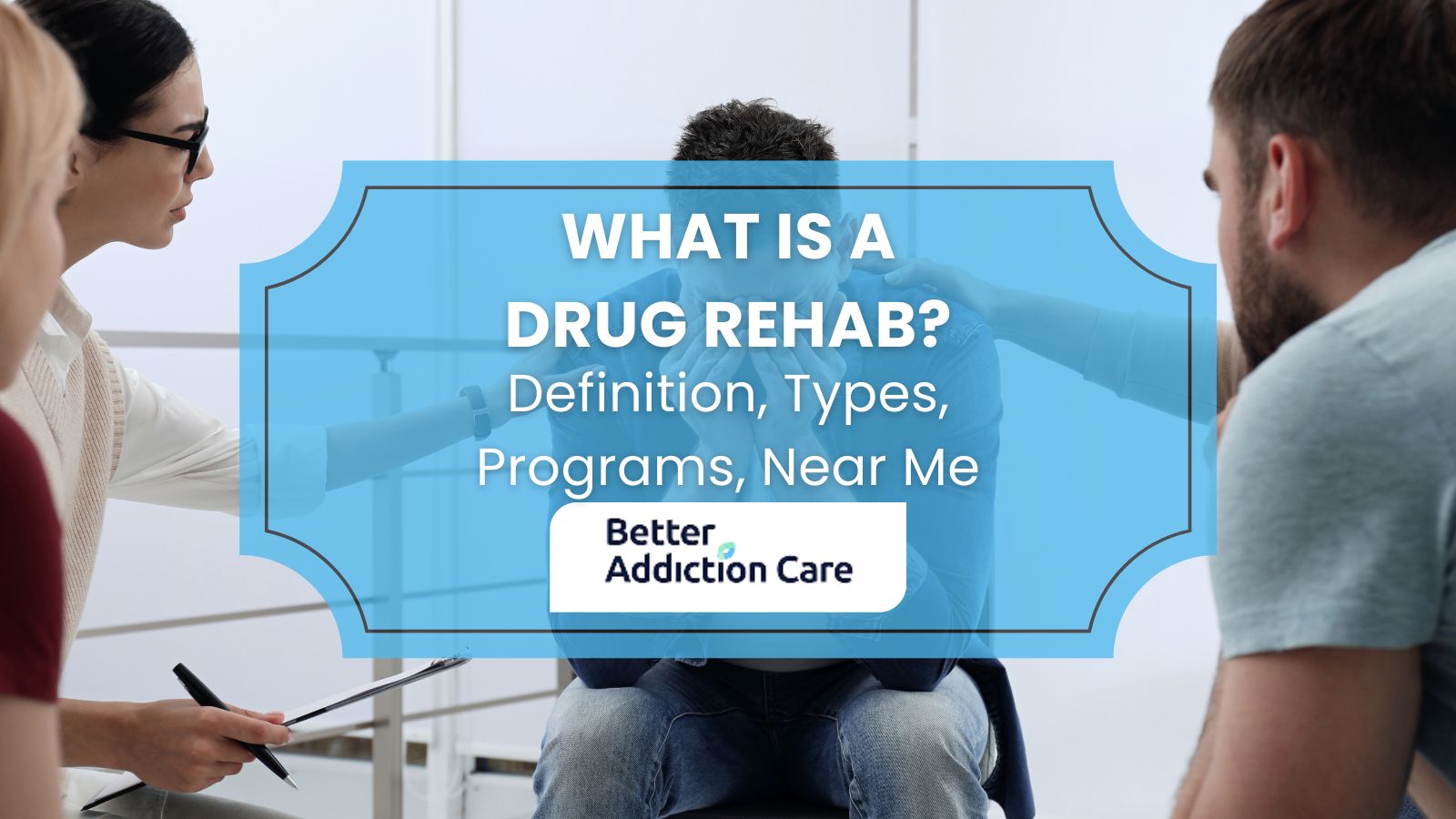Yolo Community Care Continuum Safe Harbor - Crisis House

Overview
Yolo Community Care Continuum Safe Harbor - Crisis House is a substance abuse treatment center for people seeking treatment near Yolo County. As part of their treatment modalities for recovery, Yolo Community Care Continuum Safe Harbor - Crisis House provides group counseling, experiential therapy, and nutrition therapy during treatment. Yolo Community Care Continuum Safe Harbor - Crisis House is located in Woodland, California, accepting county or local government funds for treatment.
Yolo Community Care Continuum Safe Harbor - Crisis House at a Glance
Payment Options
- County or local government funds
- Community Mental Health Block Grants
- Community Service Block Grants
- Medicaid
- Other State funds
Assessments
- Comprehensive mental health assessment
- Comprehensive substance use assessment
Age Groups
- Adults
- Young adults
Operation
- Private non-profit organization
Highlights About Yolo Community Care Continuum Safe Harbor - Crisis House
6.79/10
With an overall rating of 6.79/10, this facility has following balanced range of services. Alcohol Rehabilitation: 8.00/10, Drug Rehab and Detox: 6.00/10, Insurance and Payments: 6.53/10, Treatment Options: 6.61/10.-
Alcohol Rehabilitation 8.00
-
Treatment Options 6.61
-
Insurance and Payments 6.53
-
Drug Rehab and Detox 6.00
Treatment At Yolo Community Care Continuum Safe Harbor - Crisis House
Treatment Conditions
- Mental health treatment
- Substance use treatment
- Co-occurring Disorders
Care Levels
- Hospital inpatient treatment
Treatment Modalities
- Group counseling
- Experiential Therapy
- Nutrition Therapy
- Recreational Therapy
- Intervention Services
Contact Information
Read our Most Recent Article About Drug Addiction
DISCLAIMER: The facility name, logo and brand are the property and registered trademarks of Yolo Community Care Continuum Safe Harbor - Crisis House, and are being used for identification and informational purposes only. Use of these names, logos and brands shall not imply endorsement. BetterAddictionCare.com is not affiliated with or sponsored by Yolo Community Care Continuum Safe Harbor - Crisis House.
